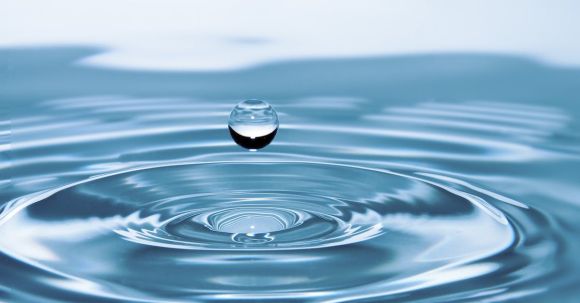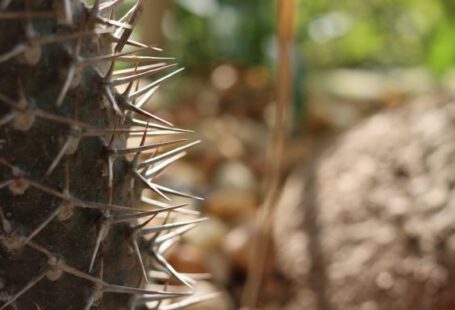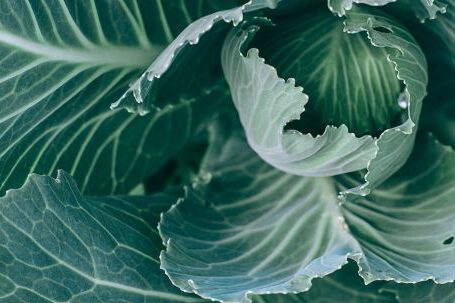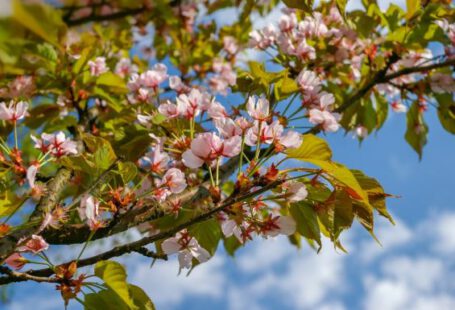Summer is a time when gardens are in full bloom, but it’s also a time when the scorching heat can quickly dry out the soil. So how often should you water your garden in summer to keep your plants healthy and thriving? Let’s explore some guidelines to help you maintain a lush and vibrant garden throughout the hottest months of the year.
Understanding the Watering Needs of Your Plants
Different plants have different watering needs, so it’s essential to understand the requirements of the plants in your garden. Some plants, such as succulents and cacti, have adapted to arid conditions and require less frequent watering. On the other hand, vegetables and annual flowers generally need more water to sustain their growth.
Observing the Soil Moisture
One of the best ways to determine if your plants need watering is to observe the moisture level of the soil. Stick your finger about an inch into the soil near the base of the plant. If it feels dry, then it’s time to water. However, if it feels moist, it’s best to wait before providing more water. Overwatering can lead to root rot and other issues that can harm your plants.
Watering Deeply and Infrequently
When you do water your garden, it’s essential to do so deeply and infrequently. Shallow watering encourages shallow root growth, making plants more susceptible to drought stress. Instead, water your garden thoroughly, allowing the water to soak into the soil and reach the plant’s roots. This promotes deeper root growth and helps plants better withstand dry spells.
Morning Watering is Best
It’s generally recommended to water your garden in the morning when temperatures are cooler. Watering early allows the plants to absorb moisture before the heat of the day evaporates it. Watering in the evening can lead to prolonged moisture on the leaves, which can create a favorable environment for fungal diseases. Additionally, watering during the hottest part of the day may cause water to evaporate before it reaches the roots.
Consider the Climate and Weather Conditions
The climate and weather conditions in your area play a significant role in determining how often you should water your garden. If you live in a hot and dry region, you may need to water more frequently. Conversely, if you reside in a cooler and more humid climate, less frequent watering may be necessary. Keep an eye on the local weather forecast and adjust your watering schedule accordingly.
Using Mulch to Retain Moisture
Mulching your garden can help retain moisture in the soil, reducing the frequency of watering. Apply a layer of organic mulch, such as wood chips or straw, around your plants. Mulch acts as a barrier, preventing water from evaporating too quickly and keeping the soil cooler. Additionally, mulch helps suppress weeds, which can compete with your plants for water.
Monitoring and Adjusting as Needed
While these guidelines can provide a starting point, it’s crucial to monitor your garden regularly and make adjustments as needed. Pay attention to the signs your plants give you. Wilting, yellowing leaves, and stunted growth may indicate that your garden requires more water. On the other hand, if your plants have overly saturated soil and show signs of root rot, reduce the frequency of watering.
Maintaining a Healthy and Thriving Garden
Watering your garden correctly is key to maintaining a healthy and thriving outdoor space during the summer months. By understanding the watering needs of your plants, observing soil moisture, and considering climate and weather conditions, you can establish a watering routine that supports the growth and vitality of your garden. Remember to water deeply and infrequently, preferably in the morning, and utilize mulch to retain moisture. With these practices in place, your garden will flourish throughout the summer season.





